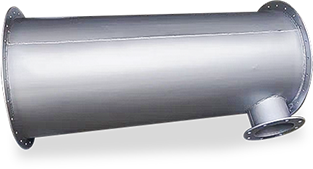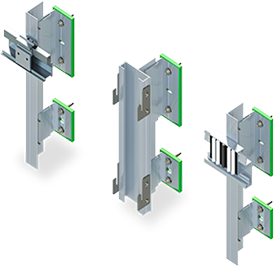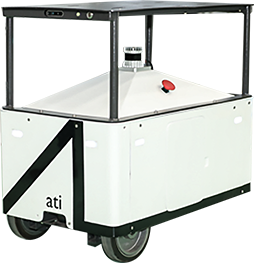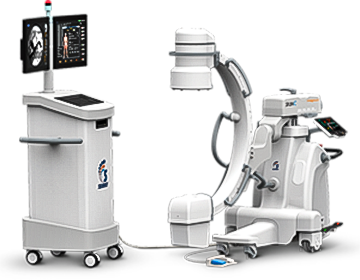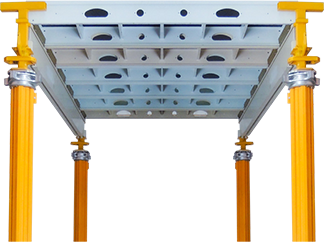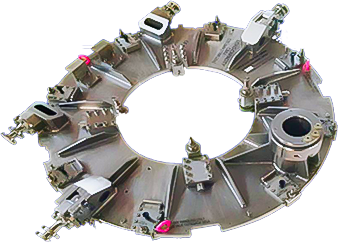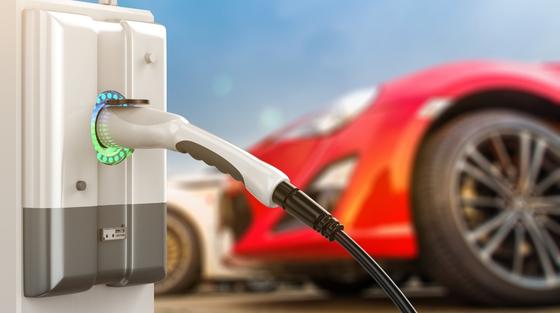
The number of EVs sold in India is expected to grow exponentially from 3,30,000 units in 2021 to more than 90 lakh units by 2027. India, one of the world’s biggest auto markets and growing in numbers to further increase its share, is witnessing a massive change in consumer interests in the form of increasing EV sales.
This is also reflected amongst the major EV players in India, namely Mahindra Electric, Ola Electric, Tata Motors, Ather Energy and others. Numerous promising EV startups are also catering to this growing demand:
- Euler Motors in the commercial EV segment
- Exponent Energy transforming the Indian charging infrastructure with rapid charging
- BuymyEV with smart personal mobility EV solutions
- Ozone Motors, with the concept of sustainable mobility in the urban and personal mobility space
But does this growing demand equal the electric vehicle manufacturing capabilities and resources in India? The answer is a no because of the industry being in its nascent stage. Startups in the EV domain face many challenges, and here is a brief about them.
- Lack of standardisation: Every electric vehicle manufacturing company offers a unique charging port which makes the EV non-suitable to the charging infrastructure offered by other companies. The overall ecosystem is not developed to a stage where most parts and systems are standardised.
- Lack of reliable manufacturers (especially for smaller quantities and prototyping): Most reliable electric vehicle manufacturing companies are interested in dealing with OEMs and large orders and are reluctant to deal with smaller orders. This makes rapid prototyping using 3D printing or other technologies and proof of concept difficult for startups.
- Limited OEMs and battery manufacturers in India: EV battery manufacturing companies in India mainly rely on imports which affects the cost of batteries and creates a barrier for new players. There are limited manufacturers in the country, which means the options for batteries and their enclosures are also limited.
- End-user challenges: Range and time anxiety in users means startups have to evolve continuously, but executing the changes is a challenge because of manufacturers’ limited electric vehicle manufacturing capabilities, resources and interest.
- No standard pricing in the Industry: Because of an overall inefficient electric vehicle manufacturing infrastructure, there are no standard prices in the industry and startups would ideally have to do a lot of R&D to reach reliable electric vehicle component manufacturers in India that offer competitive prices.
- Lack of industry expert support and production hell: There is a considerable gap between the requirements of startups and the supply of trained personnel and manufacturing experts. Finding experts to help validate designs, materials, and rapid manufacturing processes is challenging.
- Lack of production speed that can match user demands and new entrants in the market: Because of a limited number of players in the electric vehicle manufacturing space, scaling becomes a challenge. Outsourcing manufacturing comes with different sets of challenges.
- Challenges with manufacturing charging infrastructure: India’s charging infrastructure is not yet adequately developed. This is a challenge for both EV buyers and charging infrastructure startups as they cannot find electric vehicle charging station manufacturers in India who would know the ins and outs of developing the right technology and infrastructure.
- Uncertain consumer behaviour: The entry of new players and uncertain consumer behaviour means changes have to be quick. Startups have to deal with production hell, time delays, and other challenges while making changes in their models.
Karkhana.io solving all these challenges with their platform

Karkhana.io is solving all these challenges for EV startups and companies by automating all parts of the electric vehicle manufacturing cycle. Companies can potentially get EV parts manufactured simply by uploading the CAD designs. The complete process of Karkhana.io includes:
- Quick design validation
- Manufacturability feedback from in-house experts
- Choice from a wide network of suppliers
- Choice of processes like 3D printing, CNC machining, Injection Molding, Sheet Metal Fabrication, and others
- Wide variety of materials like ABS, Resins, Nylon, Polycarbonate, Aluminium, Steel (Mild, Stainless, Mild, Alloy), Titanium, and others
- Project management including sourcing the raw materials, updating the status of the projects, and more
- Transparent pricing
- Change suppliers if needed to match scale or iteration speed
- Quality checks and logistics
- Audits of suppliers
- Order updates and more
Want to experience the future of smart manufacturing? Start by registering on our digital platform.




